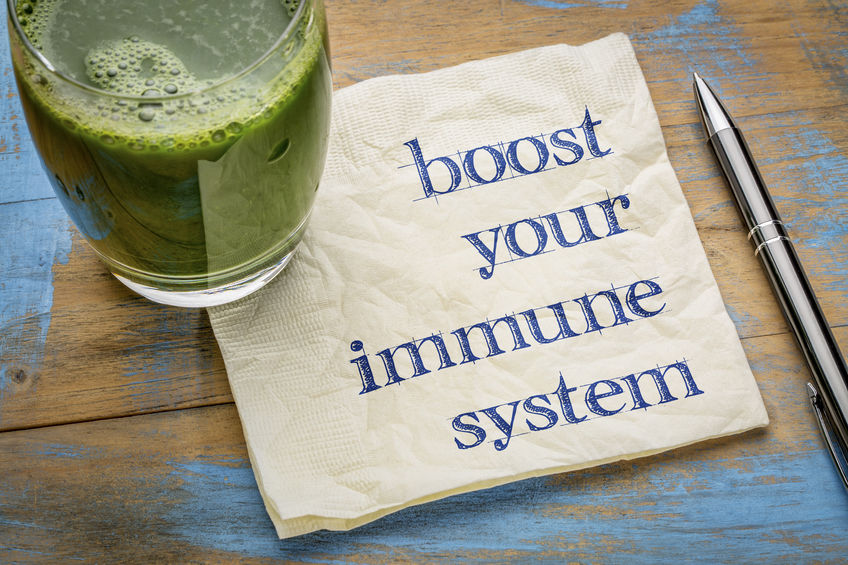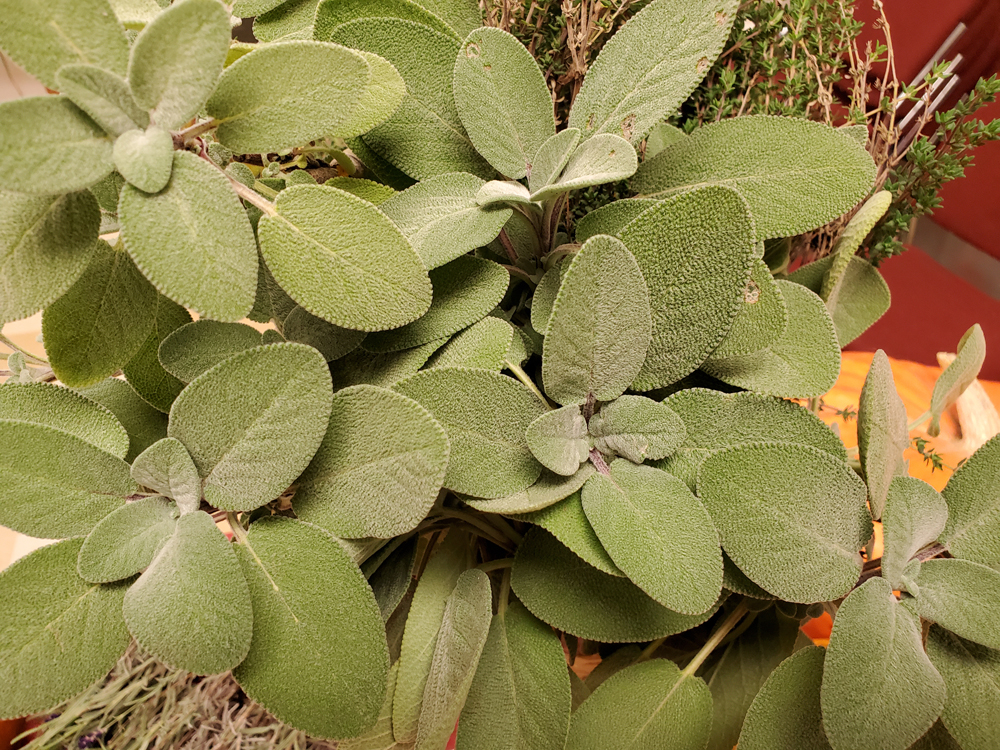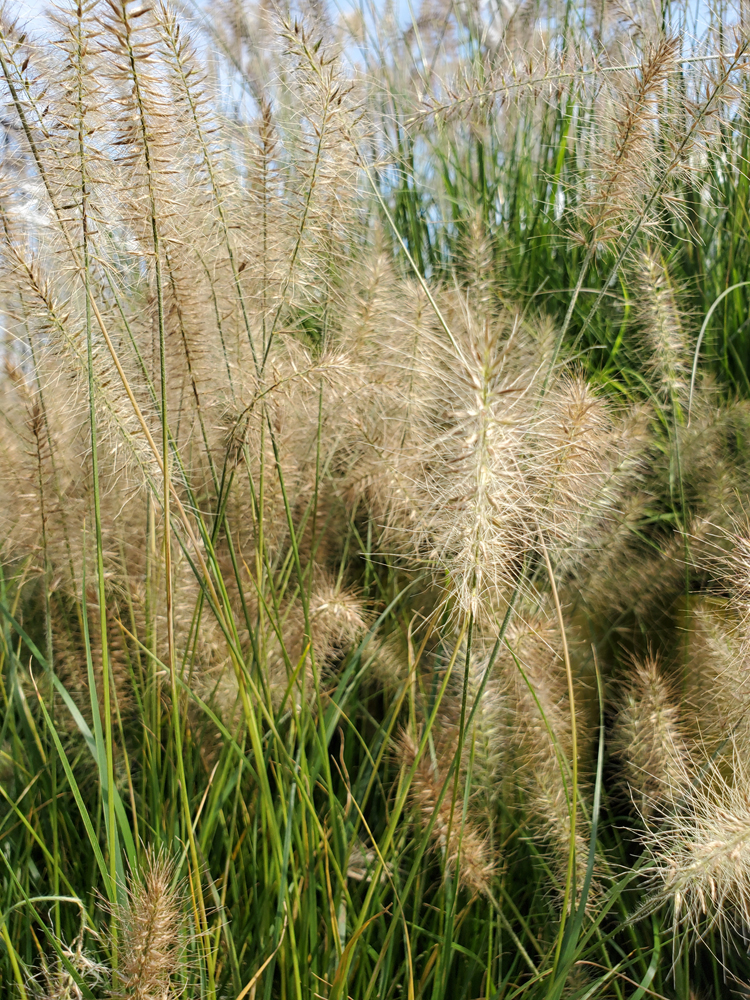8 Easy Ways to boost your immune system naturally

by Tami Mungenast, Certified Personal Trainer and Nutrition Consultant
Although there is no single food or supplement that can keep the flu and viruses at bay, there are some ways to boost your immune system naturally and help give you a much better chance to fight viruses.
The best line of defense comes from making a choice to live a healthier lifestyle. Very simple steps can help keep your immune system strong and healthy. Every part of your body, including your immune system, functions better when protected from environmental assaults and boosted by healthy-living strategies such as these:
Sleep: Lack of sleep can affect your immune system negatively. Studies show that people who don’t get quality sleep or enough sleep are more likely to get sick after being exposed to a virus. Lack of sleep can also affect how fast you recover if you do get sick. During sleep, your immune system releases proteins called cytokines which help your body fight infection or inflammation. Sleep deprivation decreases production of these protective cytokines How much sleep do you need to bolster your immune system? The optimal amount of sleep for most adults is seven to eight hours of good sleep each night. Teenagers need nine to 10 hours of sleep. School-aged children may need 10 or more hours of sleep.
Exercise: Regular exercise is a pillar of healthy living. It improves cardiovascular health, lowers blood pressure, helps control body weight, and protects against a variety of diseases and helps maintain a healthy immune system. It may contribute even more directly by promoting good circulation, which allows the cells and substances of the immune system to move through the body freely and do their job efficiently.
Wash your hands: One of the most powerful weapons against the new viruses is summed up in a three-word phrase you first heard from your mother: wash your hands. Hand-to-face contact has a surprising impact on health. Germs can enter the body through breaks in the skin or through the membranes of the eyes, mouth and nose. Regular hand washing can reduce your virus transmission by over 20%.
Stress: If you’re stressed out, you are more likely to get sick. A study in the New England Journal of Medicine actually found that higher psychological stress levels resulted in a higher likelihood of catching the common cold and other viruses. The researchers accounted for many variables including the season, alcohol use, quality of diet, exercise, sleep and levels of antibodies before exposure to the virus. The conclusion is that higher stress was to blame for lowered immunity and higher infection rates.
Boost your intake of vitamin A and B: Experts have long known that vitamin A plays a role in infection and maintaining mucosal surfaces. Vitamin A deficiency is associated with impaired immunity and increased risk of infectious disease. There is evidence that Vitamin B enhances resistance to bacterial infections and helps improve immune function. Most good multi vitamins will have both the A and the B complex.
Vitamin C is proven effective: For years, dietitians and nutritionists have been well aware of the immune-boosting qualities extra vitamin C can provide. Vitamin C is perhaps best known for its ability to strengthen the immune system. But this potent nutrient also has many other important roles that control significant aspects of our health. Vitamin C helps manufacture collagen, which is used to heal wounds more quickly and support the walls of blood vessels, lessening your risk of stroke and heart disease. You can find vitamin C in citrus fruits and juices, broccoli, bell peppers, potatoes, strawberries, tomatoes, brussels sprouts and spinach.
Have some zinc: Zinc has also been found to help ward off sickness by boosting the immune system. In fact, experts note that one of the most common immune deficiencies are lowered levels of zinc. Pumpkin seeds and lean beef and oysters are rich sources of zinc. I personally take 50 mg of a zinc supplement at the earliest symptoms of a virus and have excellent results in preventing a full blown viral illness.
And finally, eat well: A good, balanced diet rich in natural foods goes a long way to helping boost your immune system, if for no other reason than to provide many of the very vitamins and minerals recommended here.
Nowadays our immune systems are being challenged more than ever. The modern lifestyle is, for many, not very healthy. By making a few simple choices your diet and activity you can boost your health and immunity naturally. Check with your healthcare provider before taking supplementation or beginning an exercise program.




